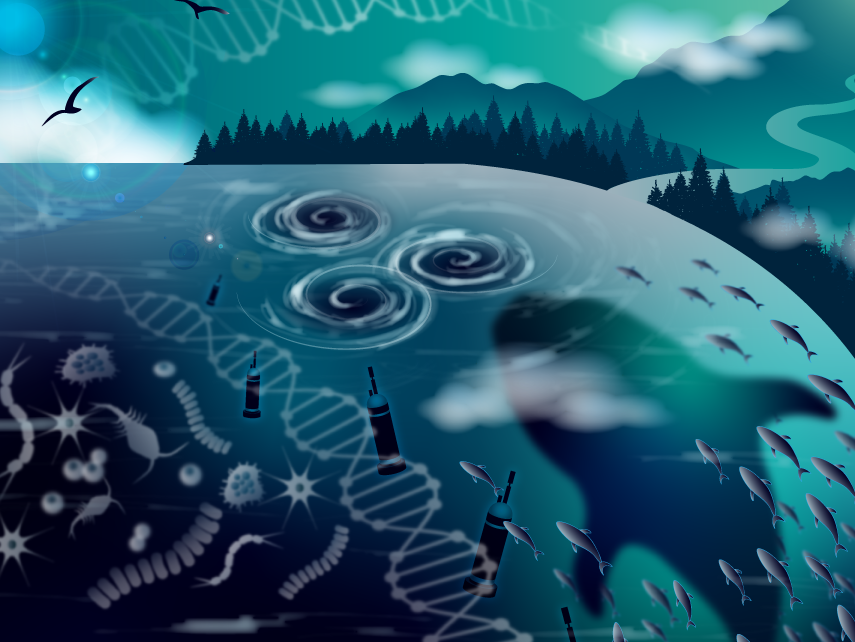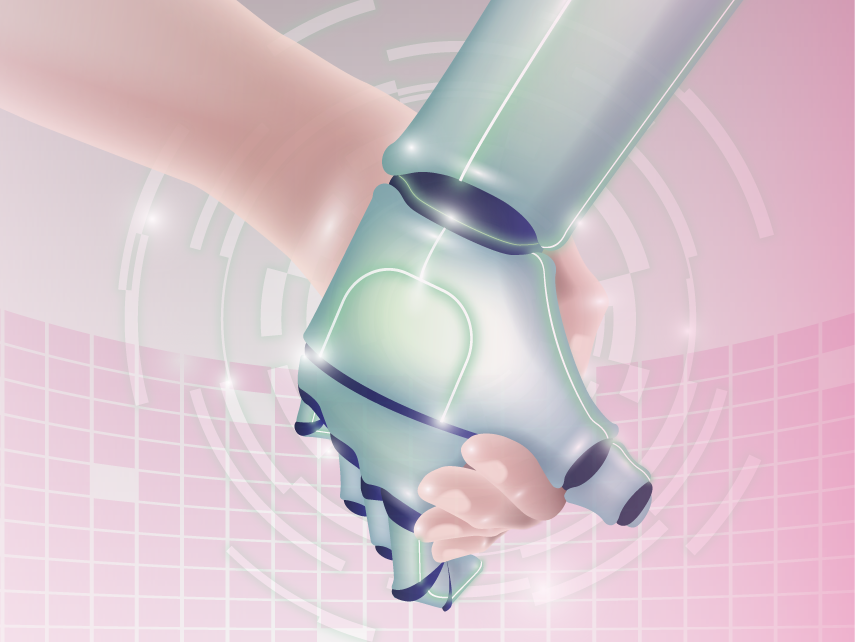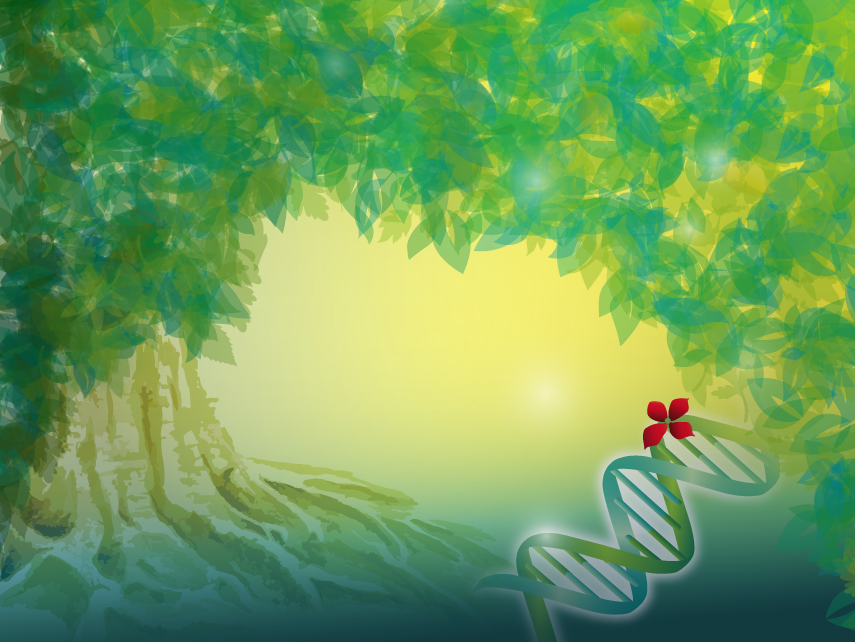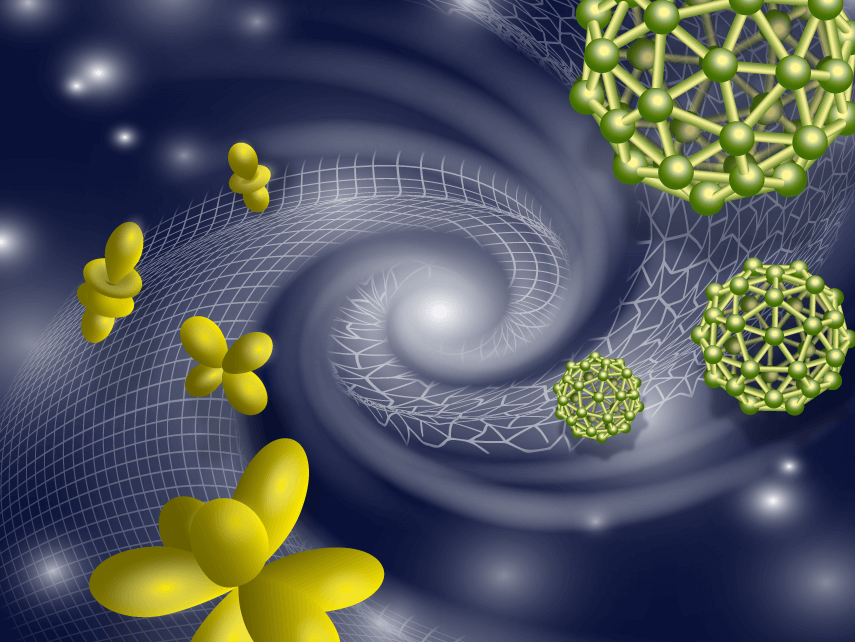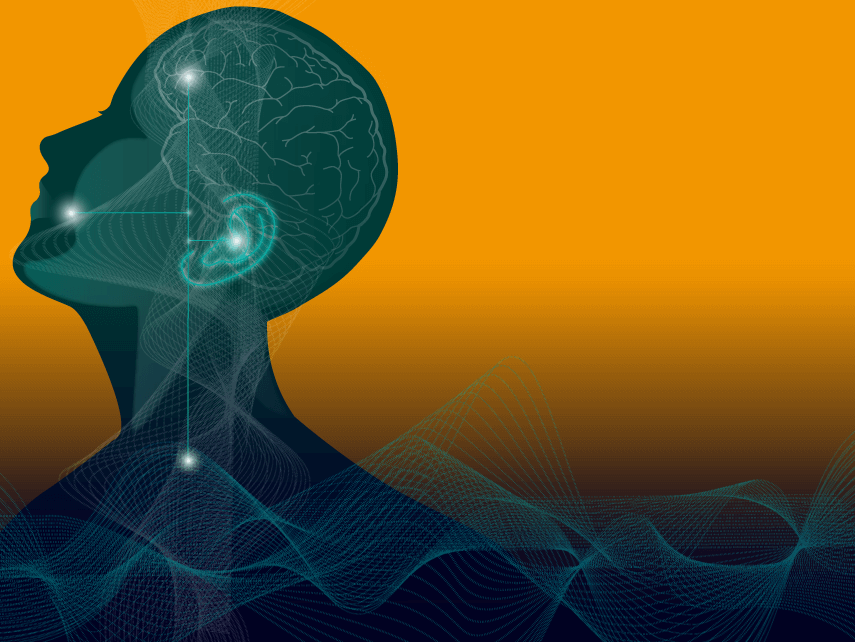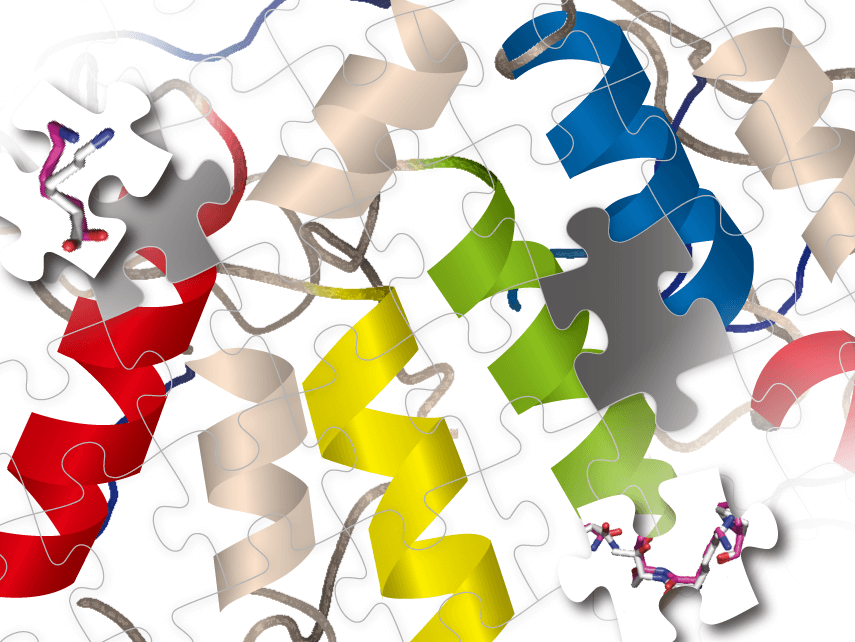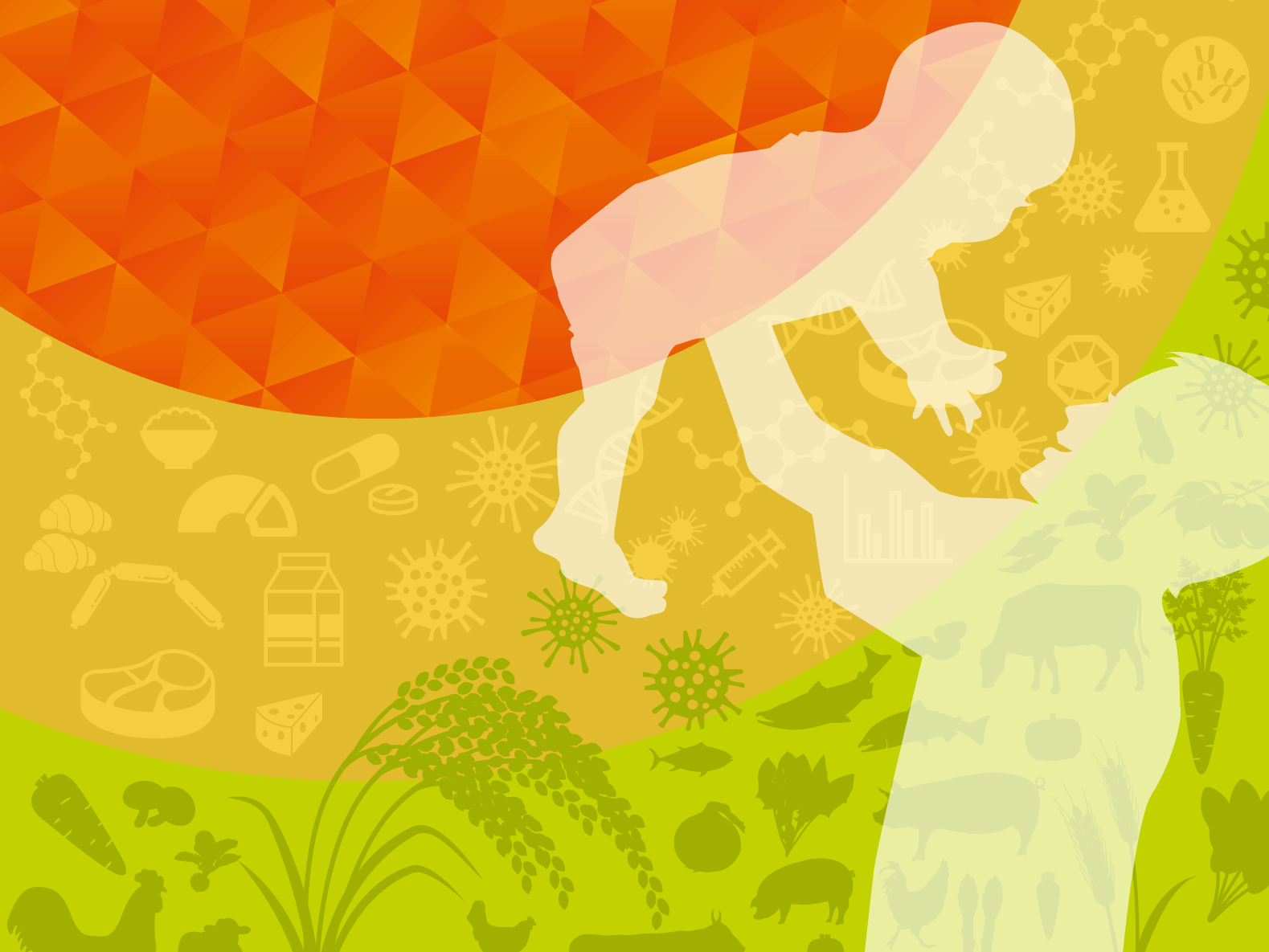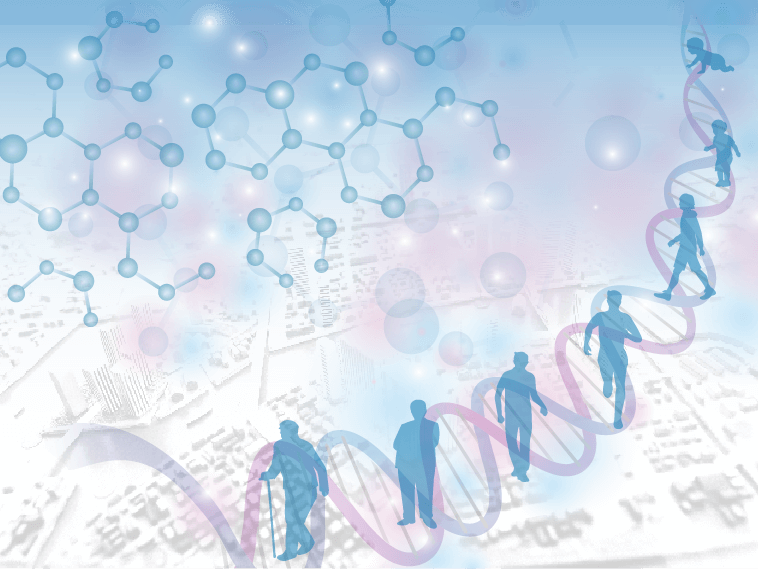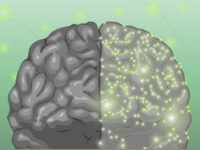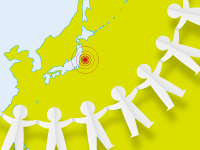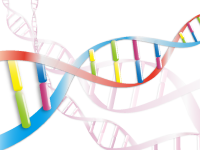Past Programs
[2023MRN] October 2023 – December 2023
Integrated Understanding of Marine Environment and Marine Ecosystems
There is a widely recognized need to deepen our understanding of the rapidly changing marine environment and ecosystems through interdisciplinary research. The theme of this program is an integrated understanding of the physical, biogeochemical, and biological environments of the oceans, which have been studied as separate disciplines; an understanding of the global marine ecosystems
[2022REX] October 2022 – November 2022
Evolving and Emerging Redox Biology and Bioenergetics for Medicine and Human Health
Redox biology is rapidly evolving and running into an emerging new era in life science. It is not merely dealing with disease-oriented issues affecting human health but also with the most fundamental aspect...
[2022ESA] September 2022 – October 2022
Insights Into Human History in the Eurasian Stone Age: Recent Developments in Archaeology, Palaeoanthropology, and Genetics
Recent archaeological, palaeoanthropological and genetic studies indicate that two archaic humans (Neanderthals and Denisovans) lived in Central Asia after c. 130,000 years ago, and anatomically modern...
[2022EID] August 2022 – January 2023
Frontier of Understanding Earth's Interior and Dynamics
The interior of the Earth remains a mystery. It is some 6400 km to the center of the Earth, but we have only drilled 12 km in the crust deep and not yet reached the mantle. Geobiologists have found micro...
[2021DIS] November 2020 – March 2023
POST 2011 Tohoku triple disaster: Lessons and their global application on multi-hazards and cascading disasters
This program will discuss the post 2011 strategy as a memorial event of the 2011 Great East Japan triple disasters (earthquake, tsunami and nuclear accident) that pointed out the importance of mitigating...
[2021QCA] March 2021 – February 2023
Quantum–Annealing–Based High–Performance Computing – Optimizing Real–World Systems
Large–scale combinatorial optimization problems are becoming ever more important in various fields such as disaster prevention, finance, logistics/traffic, medicine, or state–of–the–art technologies like...
[2021EFR] November 2020 – March 2022
Environmental and Financial Risks in Market–oriented Societies
Life is full of risks, and, in recent decades, we have confronted an unprecedented scale of natural disasters, environmental problems and financial crises, which have had devastating effects on people...
[2021MBK] November 2020 – March 2022
Constructing a healthy society: the road from an integrated biobank to the real world
Tohoku Medical Megabank Organization has already constructed the integrated biobank, which is consisted of biospecimen and information on cohort studies, genome information and metabolome...
[2020TEL] September 2020 – March 2021
Designing the Human–Centric IoT Society–Cooperative Industry–Academic Strategies for Creative Future Connection–
While the innovations driven by IoT and AI are expected to greatly contribute to our society, IoT and AI may have unexpected negative effects, depending on how they are developed and implemented in...
[2019STM] May 2019 – July 2019
Plant Stem Cells: Source of Plant Vitality
The main theme of this program is plant stem cells. Stem cells are the foundation for every organ. Unlike stem cells in animals, plant stem cells can form after embryogenesis and are dispersed throughout…
[2019QSC] June 2019 – February 2020
Creating a New Frontier through the Synergy of Quasicrystals and Strongly Correlated Electron Systems
The program is devoted to emerging research interests in strongly correlated electron systems realized in structurally complex materials, with particular focus on quasicrystals and related compounds. The aim…
[2019CBA] September 2019 – February 2020
Cancer – from Biology to Acceptance
Cancer has been the leading cause of death since 1981 in Japan, accounting for 30% of all deaths. Therefore, cancer study (understanding of the mechanisms of oncogenesis, improvement of diagnostic…
[2019TEL] September 2019 – October 2019
【Pre–program】Designing the Human–Centric IoT Society
–Cooperative Industry–Academic Strategies for Creative Future Connection–
While the innovations driven by IoT and AI are expected to greatly contribute to our society, IoT and AI may have unexpected negative effects, depending on how they are developed and implemented in society…
[2018NEA] June 2018 – March 2019
Geologic Stabilization and Human Adaptations in Northeast Asia
Northeast Asia is one of the coldest regions of human geographical distribution on our planet and is home to the Pole of Cold in northern hemisphere. How did the human population adapt the harsh environment,…
[2018SRM] June 2018 – March 2019
String–Math 2018
For mathematics, string theory has been a source of many significant inspirations, ranging from Seiberg–Witten theory in four–manifolds, to enumerative geometry and Gromov–Witten theory in algebraic…
[2018UAC] October 2018
Tohoku Universal Acoustical Communication Month 2018
Sound has played a fundamental role in communications since the dawn of humankind and the rise of spoken languages. With the advent of technology, we devised methods to record sounds and to transmit…
[2018FCL] May 2018 – October 2018
Frontier of Chemical Communication
Chemical Communication is newly defined as a system for inducing certain bio–functions through multiple molecular interactions. We have already studied chemical biology to elucidate bio–functions by molecular …
[2017PDE] July 10, 2017 – February 22, 2018
Nonlinear Partial Differential Equations for Future Applications
The Thematic Program ”Nonlinear Partial Differential Equations for Future Applications” consists of visits of foreign mathematicians to Sendai, Japan, and of seminars, mini–courses and international conference...
[2017AGR] July 21, 2017 – September 23, 2017
New Horizons in Food Science via Agricultural Immunology
Agricultural immunology is a new research field that fuses animal, marine and plant immunology, all of which had been considered separate topics. However, recent progress in immunological research has…
[2017ASC] May 10, 2017 – May 27, 2017
Aging Science: from Molecules to Society
Why do we age? This question is drawing increased attention in our current super–aging society that we must now confront. The most critical issue in a super–aging society is the achievement of “Smart Aging”,...
[2016IDT] August 28, 2016 – March 22, 2017
Comprehensive Research on Materials, Systems and Energy for a Sustainable Future of the Earth
Our society produces and consumes gigantic amount of energy to keep its activities every day. In this process, however, we put huge environmental burdens on the earth and accelerate global warming...
[2016JPN] May 16, 2016 – March 8, 2017
The 21st Century Hasekura Project: Japanese Studies as the Interface of a New Knowledge
This program will consider such different topics as art production, religion, thought, and subculture. These topics will be connected and understood coherently in terms of “cultural transmission and diffusion...
[2016EPD] July 3, 2016 – December 4, 2016
Earth and Planetary Dynamics
This program will focus on the “Origin, Evolution, and Future of the Earth” based on research in four major areas: Planetary exploration, the Earth’s dynamics, Interactions between the ocean and...
[2016AGP] April 4, 2016 – July 13, 2016
Modern Interactions between Algebra, Geometry and Physics
The major goals of this thematic program are to discuss and study recent developments in the field of moduli spaces and their quantization by inviting distinguished researchers in mathematics and...
[2015INE] September 28, 2015 – December 16, 2015
The Effects of Technological Changes on Social Mobility and Income Distribution
Program Theme This program will consider the effects of technological changes on social mobility and income distribution, focusing specifically on their impact on social inequality in the modern age....
[2015SPN] September 14, 2015 – December 11, 2015
Spintronics: from Mathematics to Devices
Program Theme Since Pauli and Dirac we know that the electron comes in 4 flavors, which in the non–relativistic limit reduce to 2 components of the intrinsic angular momentum, the “up” and “down” spi...
[2015FBS] July 21, 2015 – March 18, 2016
Frontiers of Brain Science
Program Theme The fundamental aim of brain science is to understand how our mind emerges from matter. By unveiling the complexity and dynamics created by the simple molecular interactions which...
[2015TPH] April 20, 2015 – March 11, 2016
Fundamental Problems in Quantum Physics: Strings, Black Holes and Quantum Information
Program Theme The discovery of the Higgs particle was a cornerstone in the development of the theory of elementary particle physics and has opened the door to a new era. It is now the time to discuss...
[2014INE] May 1, 2014 – March 5, 2015
【Pre–program】 Theoretical and Empirical Studies of the Effects of Technological Changes on Social Mobility and Income Distribution: Focusing on Inequalities of Social Mobility and Income in East Asia
Program Theme This program focuses on the effect of technological change on social mobility and income distribution. This will consist of an interdisciplinary collaboration between sociologists and e...
[2014DIS] July 22, 2014 – March 10, 2015
Recovery from the Great East Japan Earthquake and Tsunami: Future Strategies for Disaster Risk Reduction
Program Theme Huge natural disasters in our societies are now a global issue. To address the need for an international disaster prevention strategy, the UN World Conference on Disaster Risk Reduction...
[2014TMM] November 8, 2014 – February 25, 2015
A Health Informatics Infrastructure for a New Era
Program Theme Health care, biomedical research, and public health have entered the digital age. With these developments come revolutionary opportunities to improve the health of individuals and popul...
[2014BIG] July 18, 2014 – November 27, 2014
Challenges for Big Data in our Society: Statistical Analysis of Large Scale, High Dimensional Data for Socio–Economic Problems
Program Theme In the summer of 2014, we will commence the “Challenges of Big Data in our Society” program series. In the first program, we will discuss the development of tools for analyzing socioeco...
[2013HIG] October 21, 2013 – October 25, 2013
Particle Physics and Cosmology after the discovery of the Higgs boson
Program Theme Tohoku University has decided to establish the Tohoku Forum for Creativity, which is modeled after the Aspen Center for Physics, USA, or the Isaac Newton Institute, UK. Namely, it will ...
